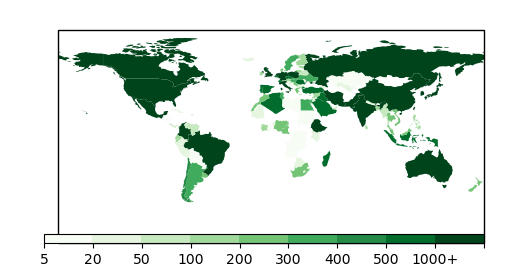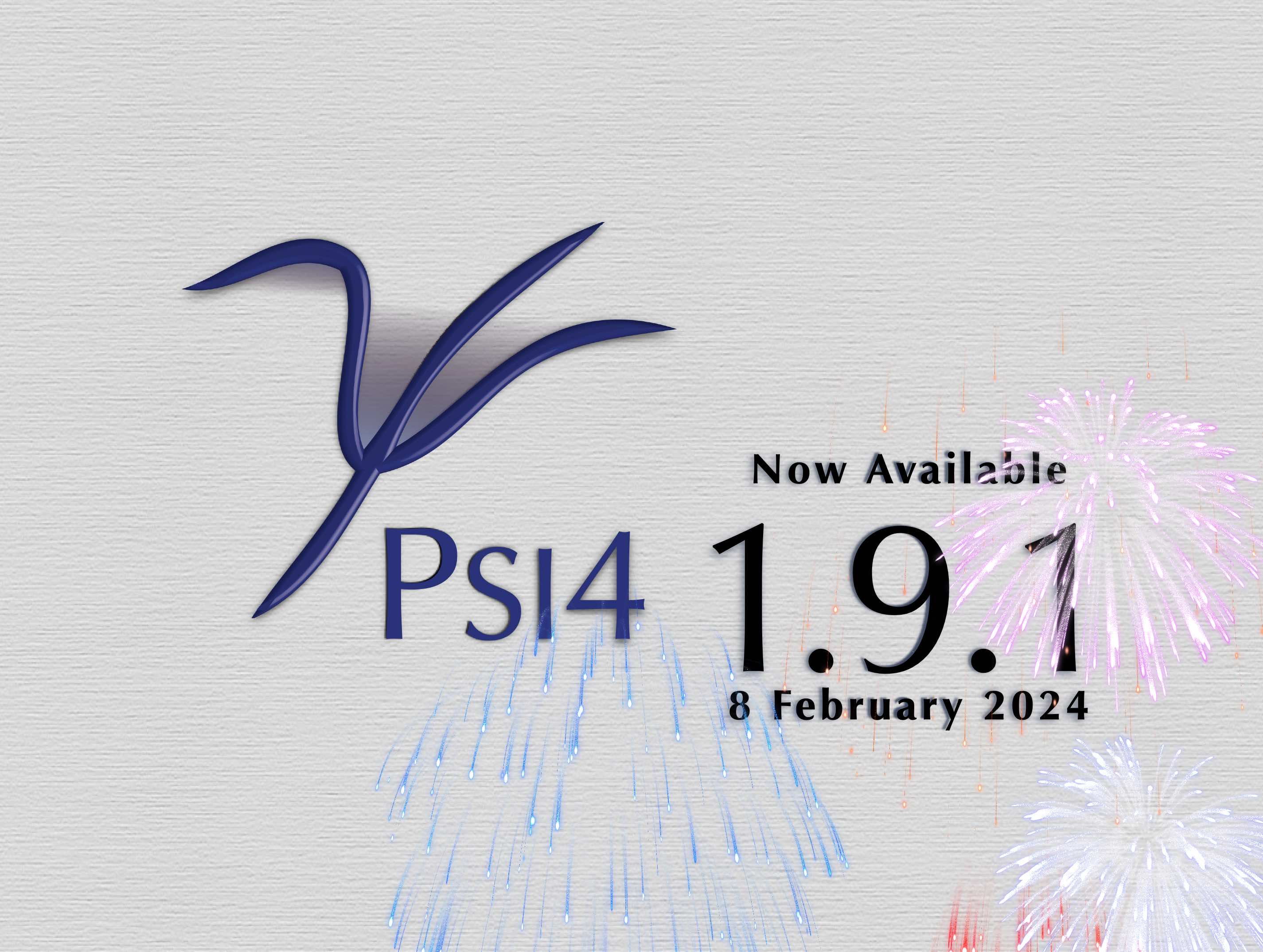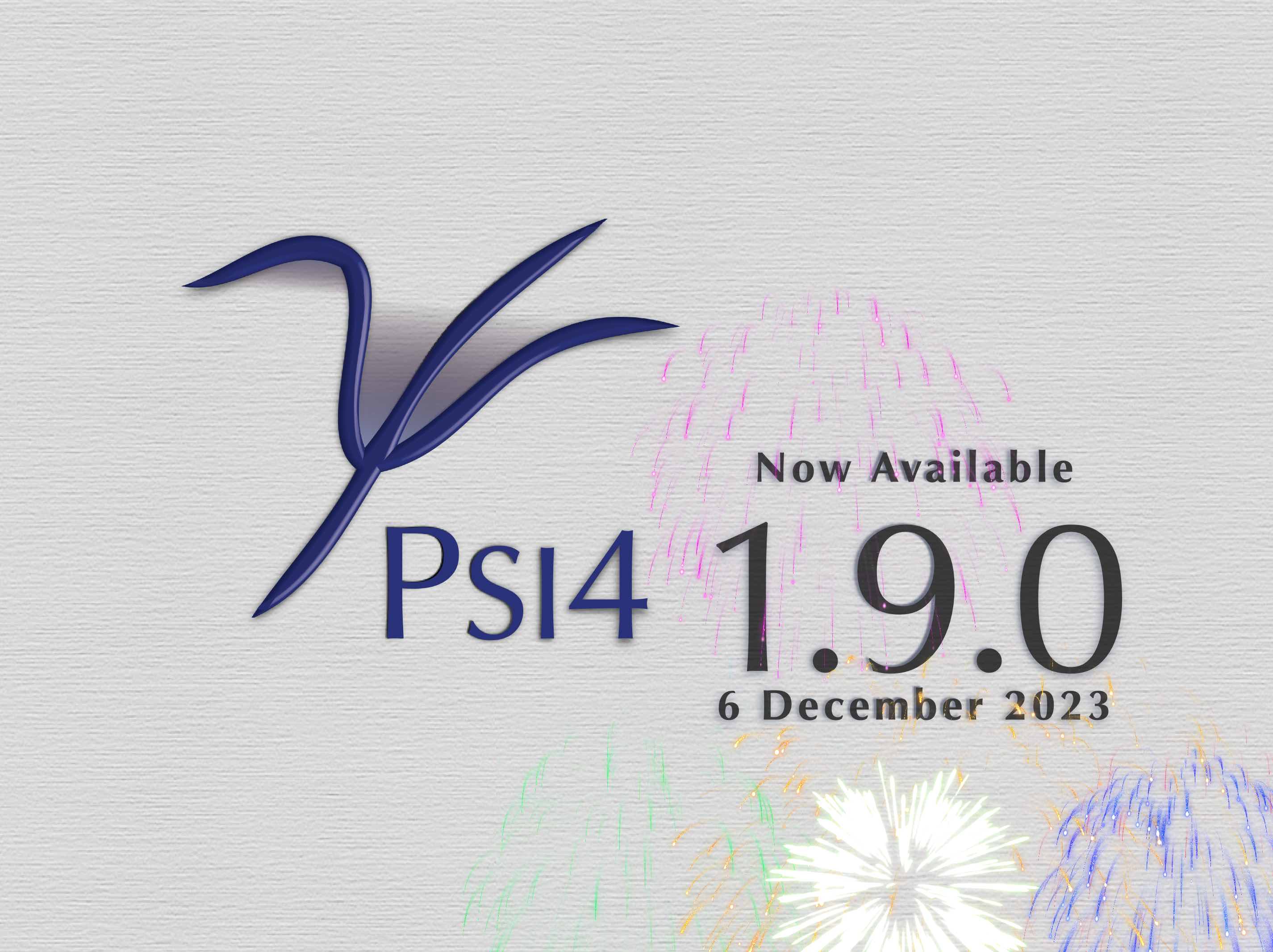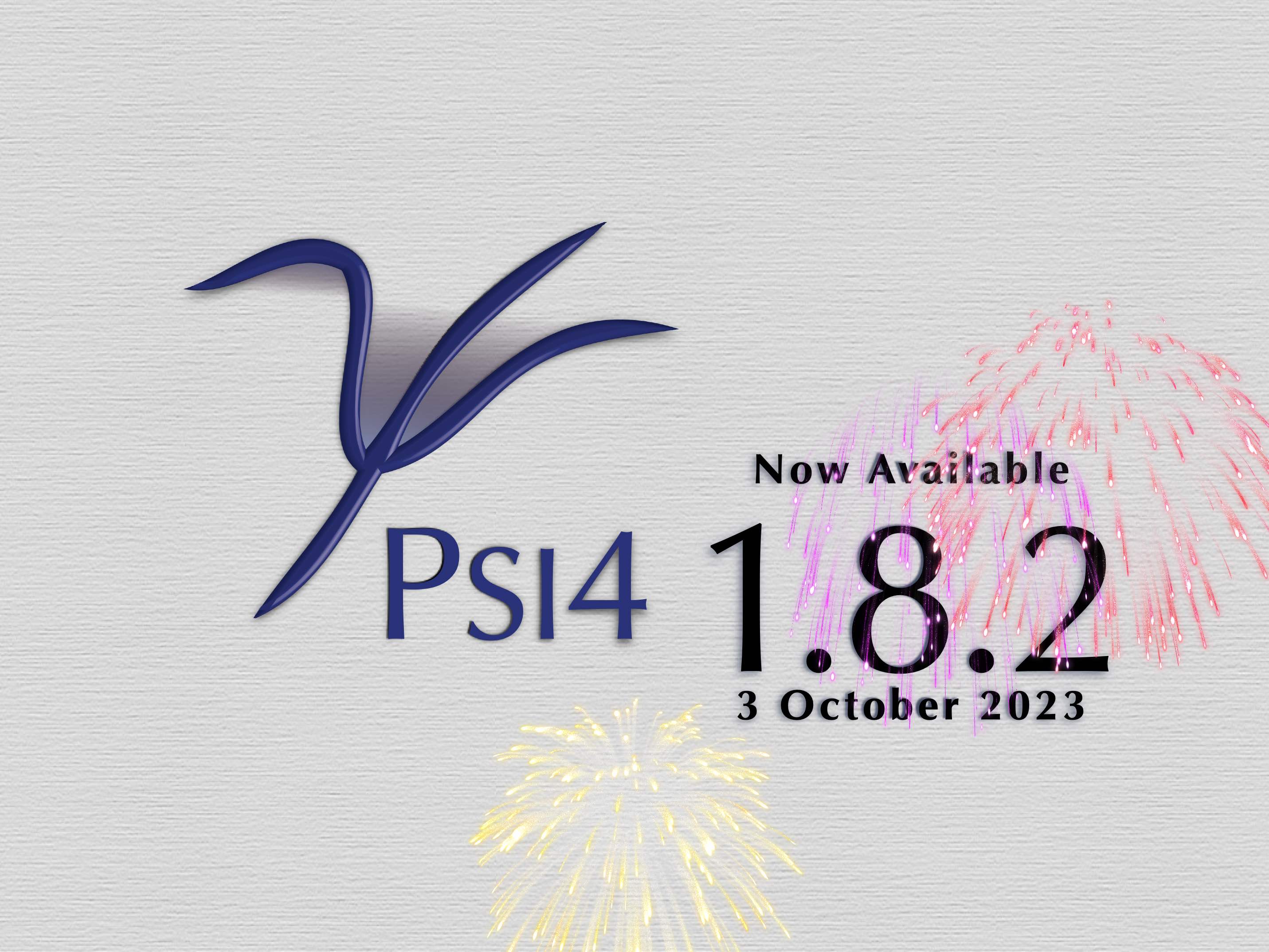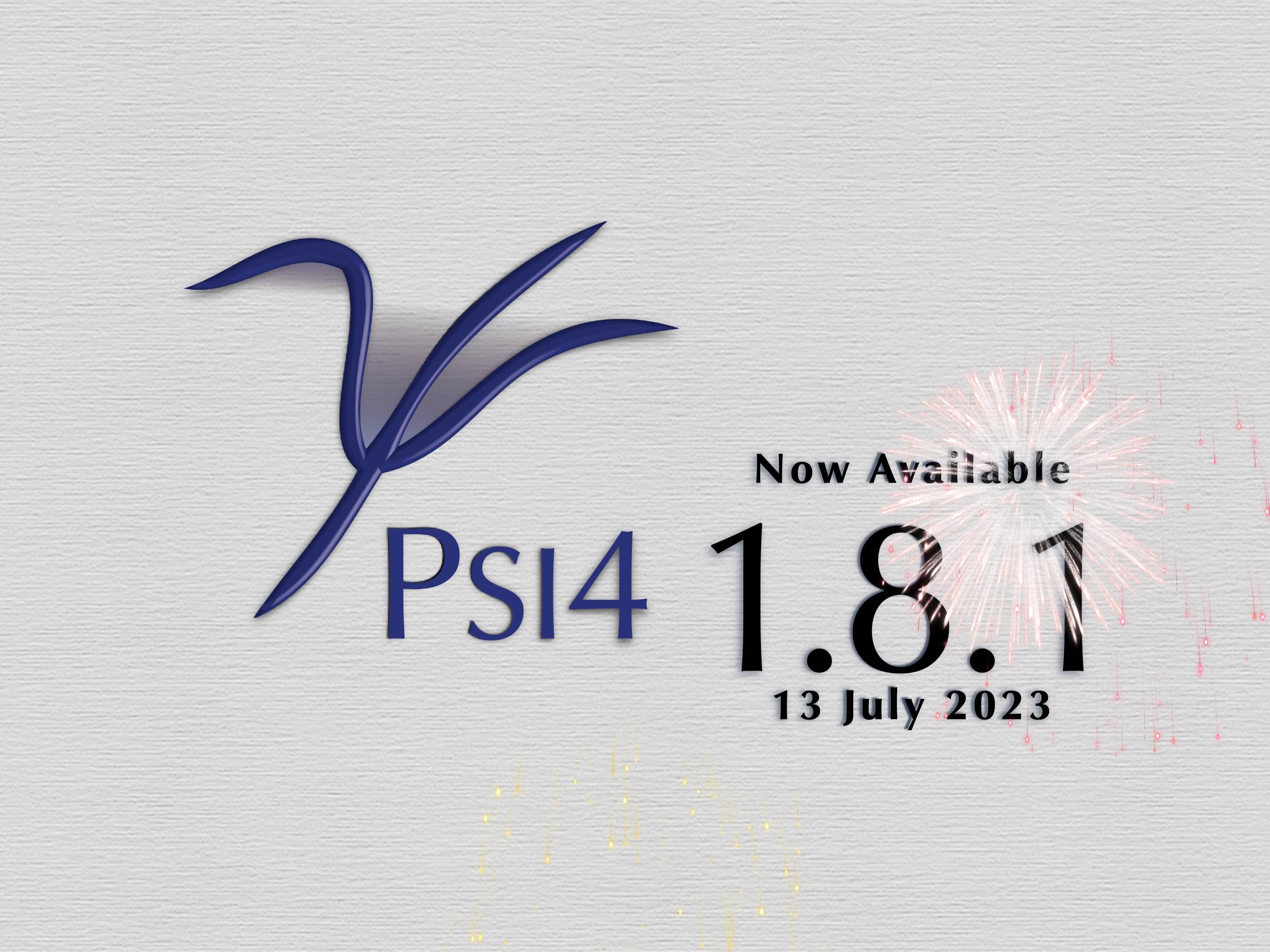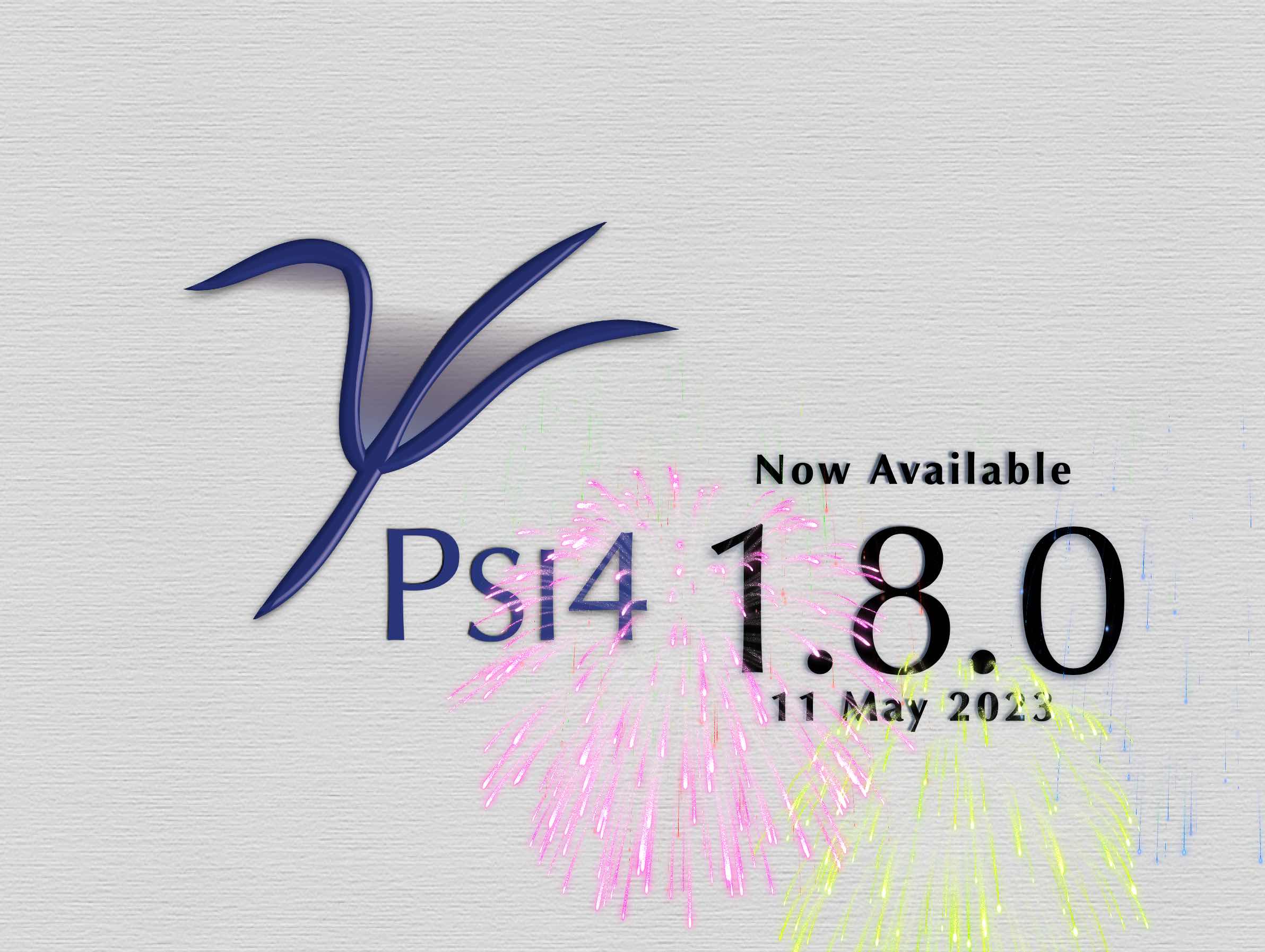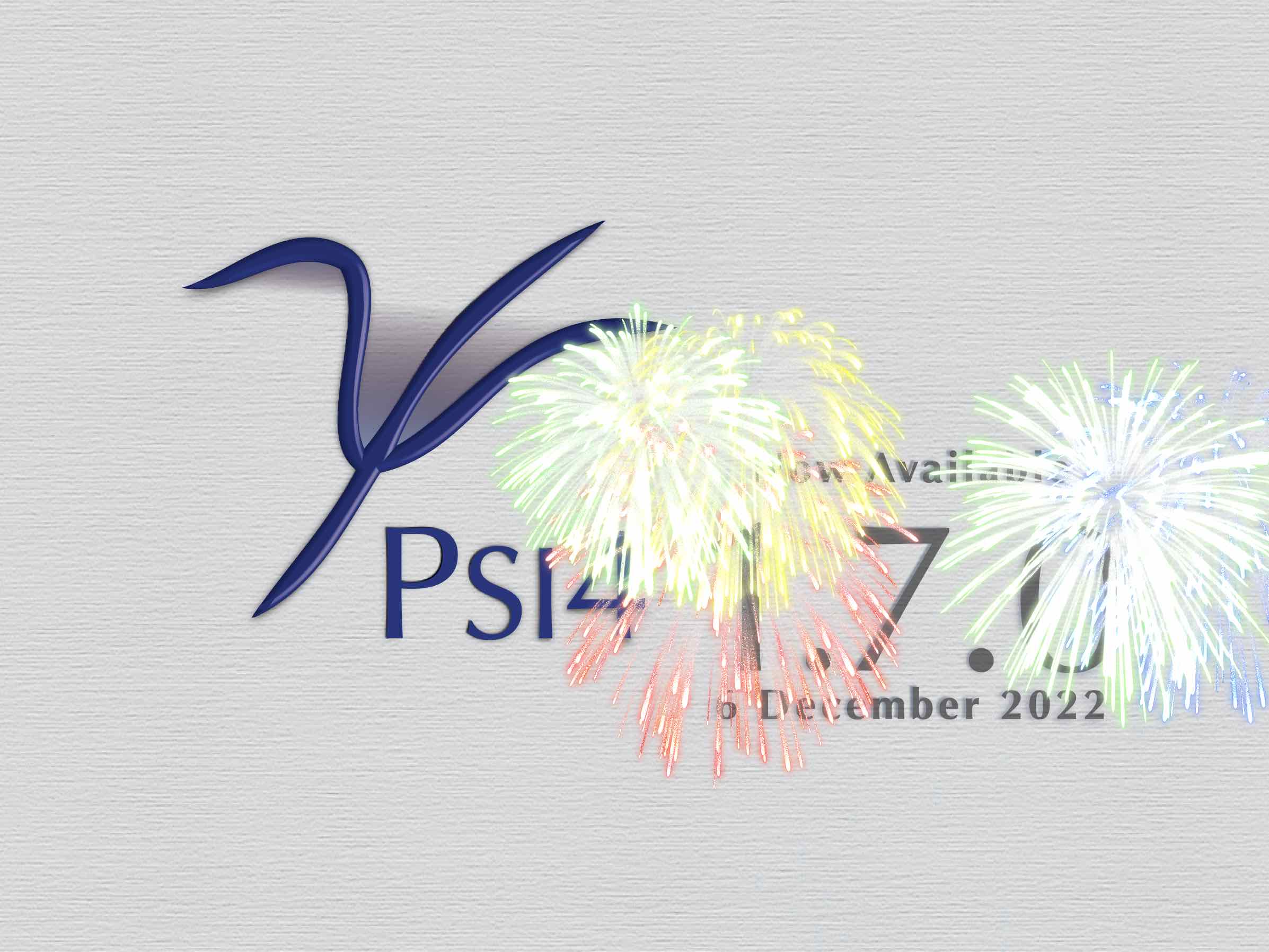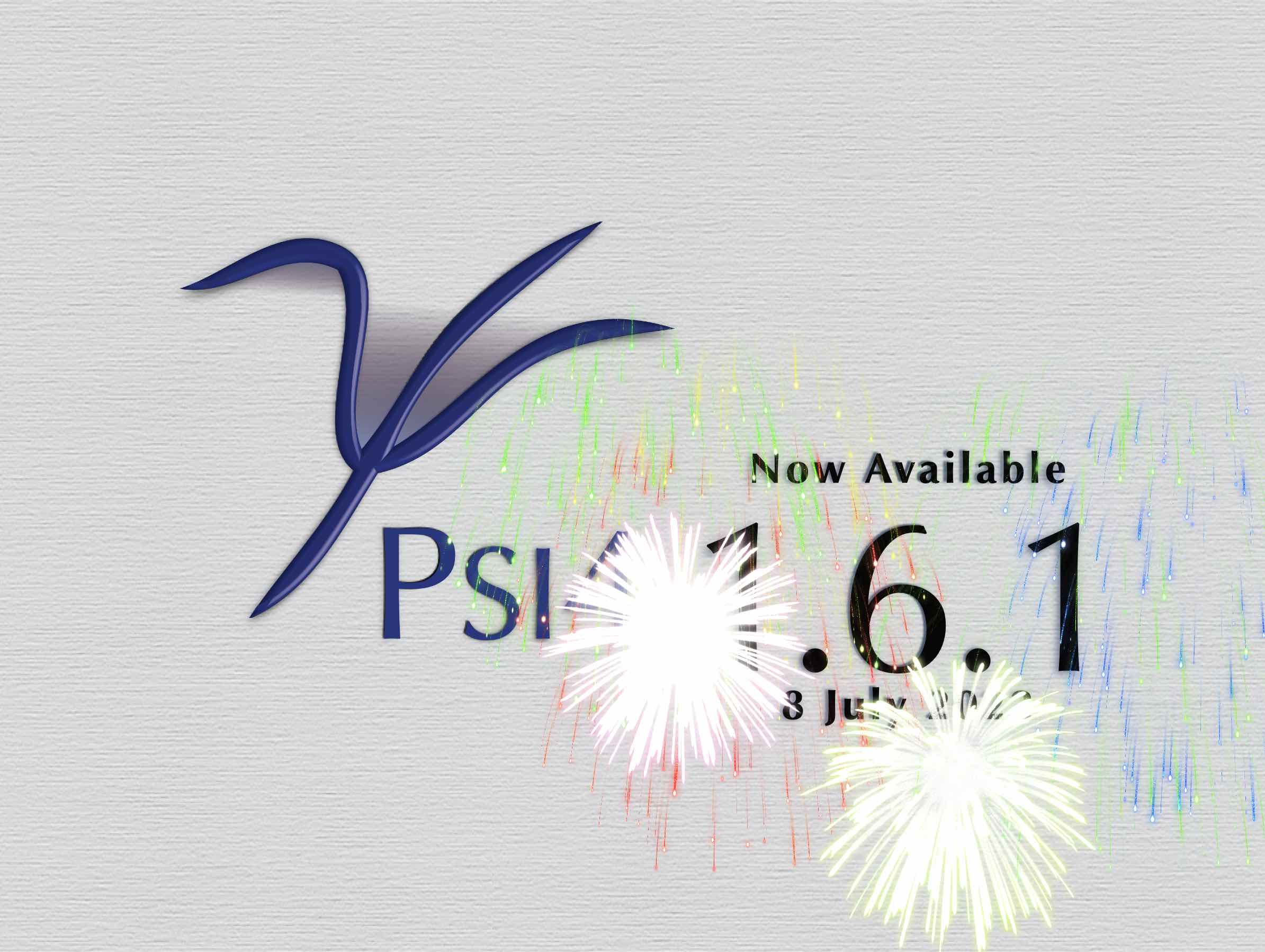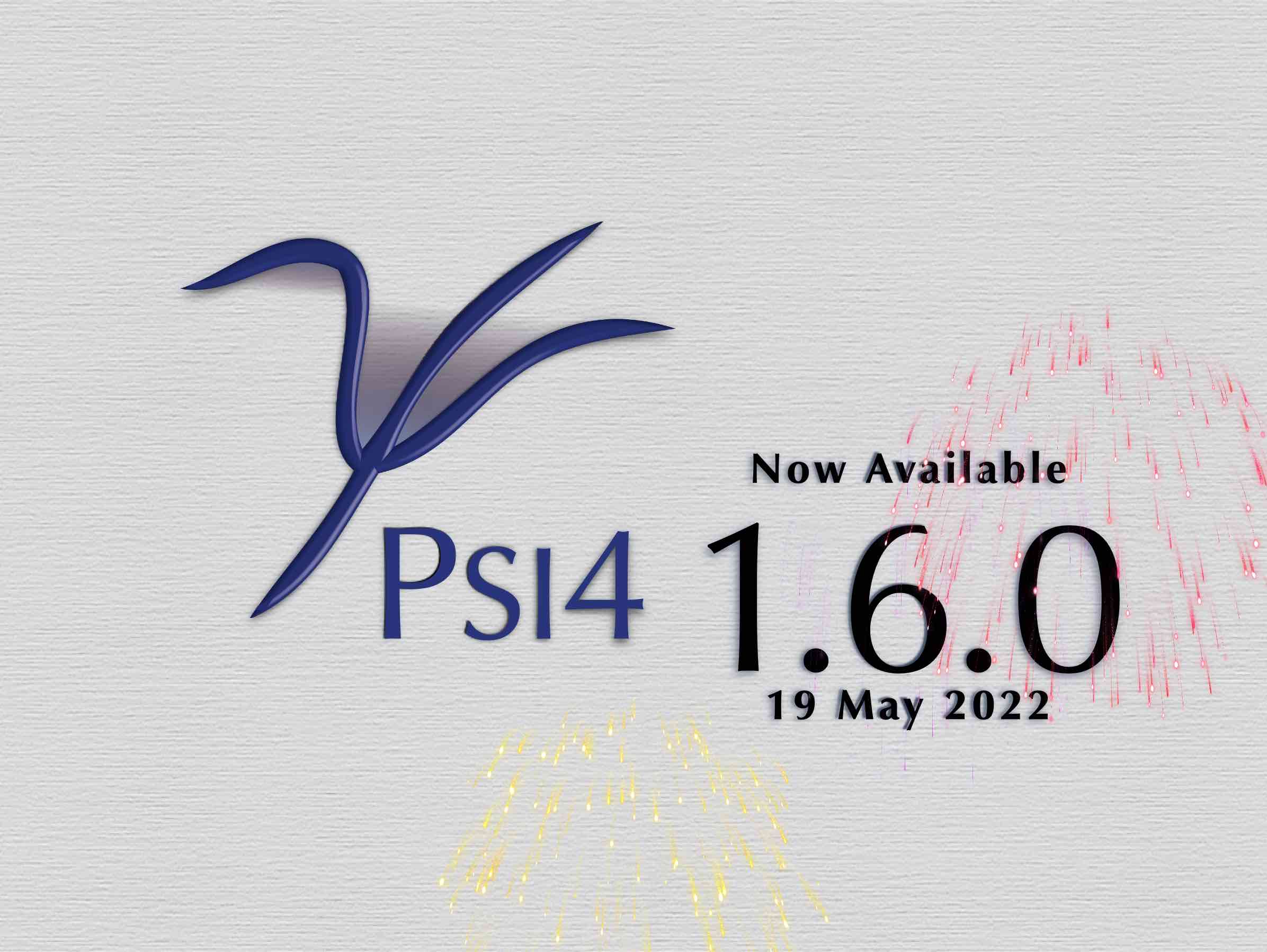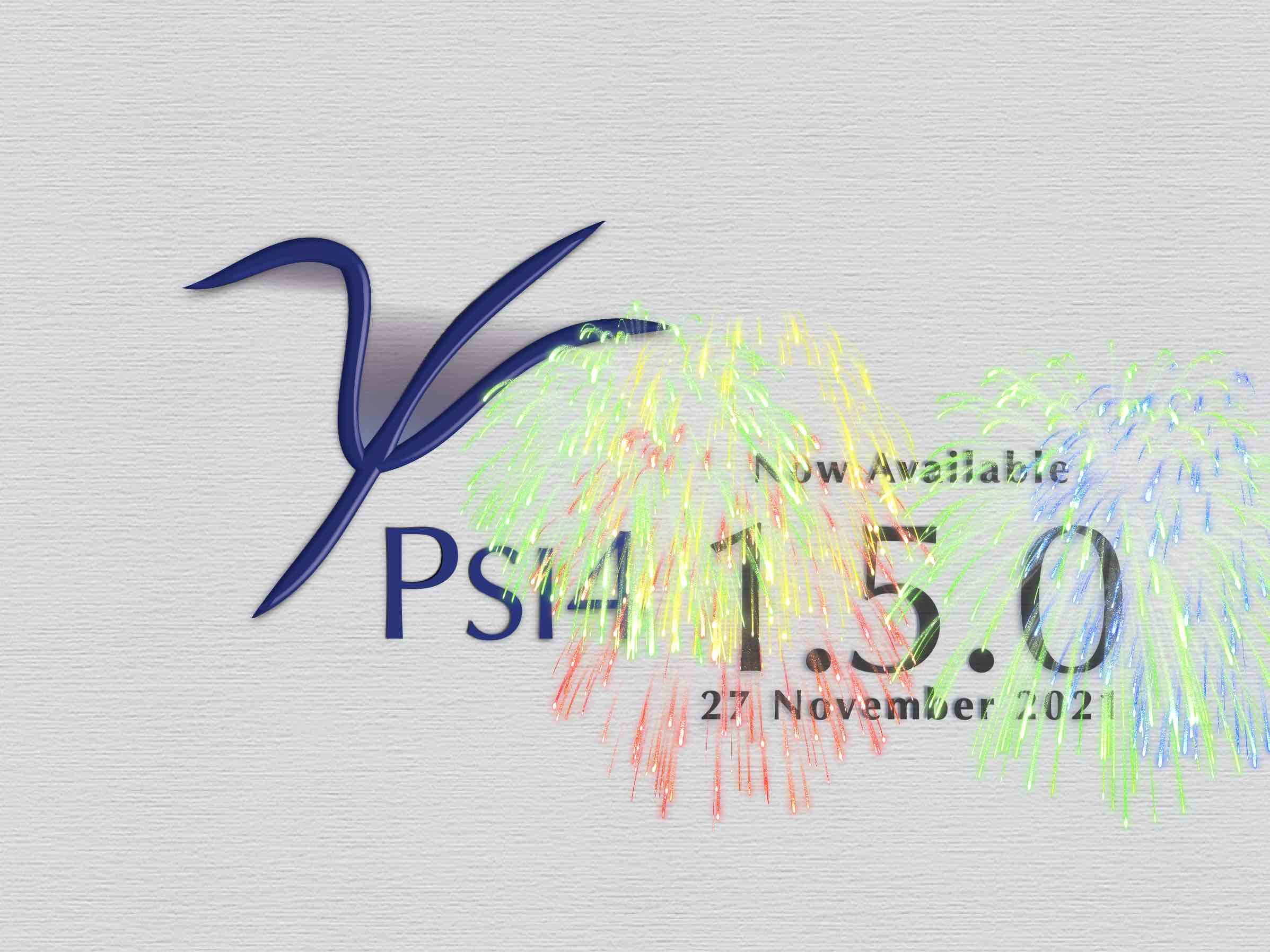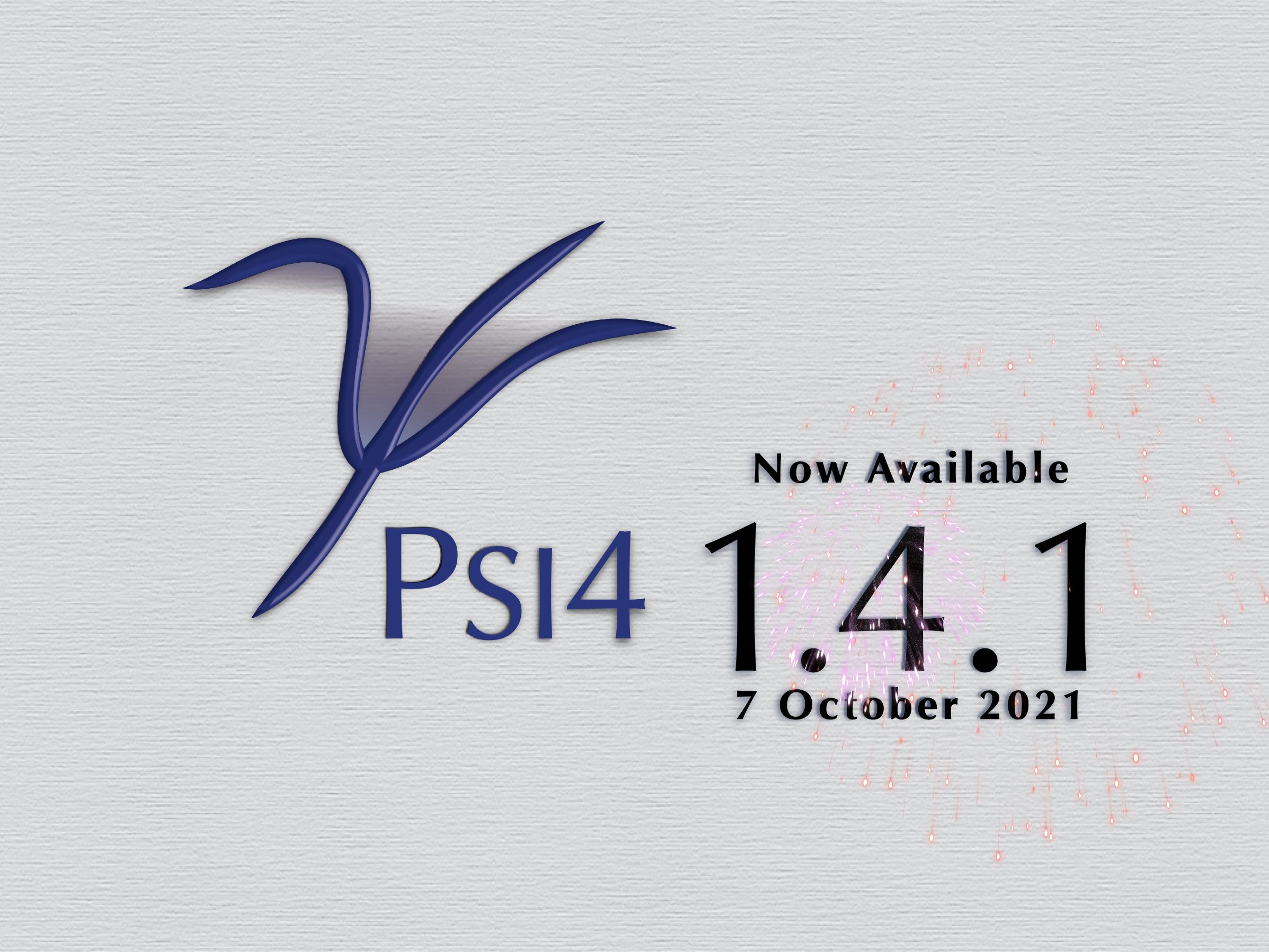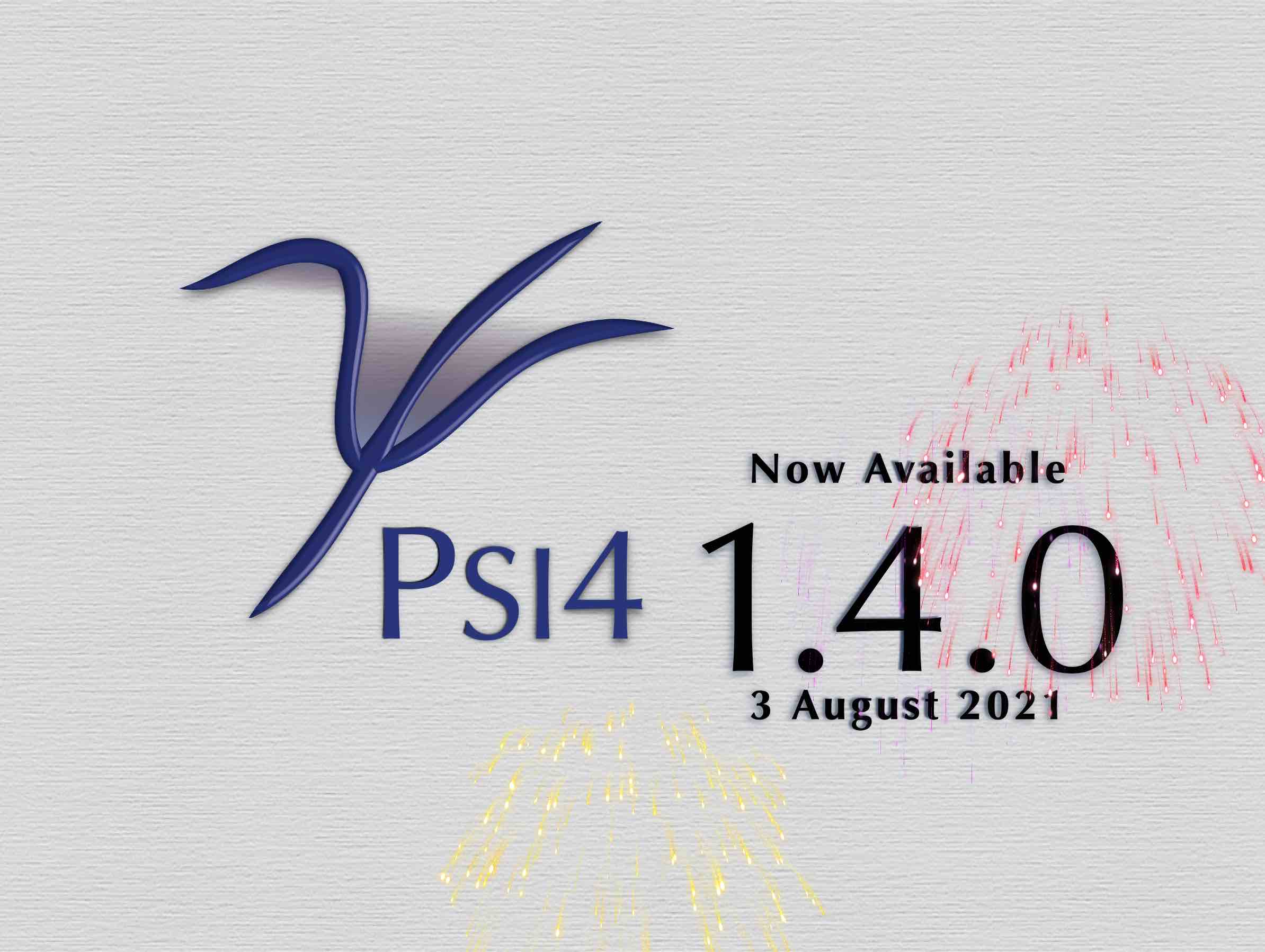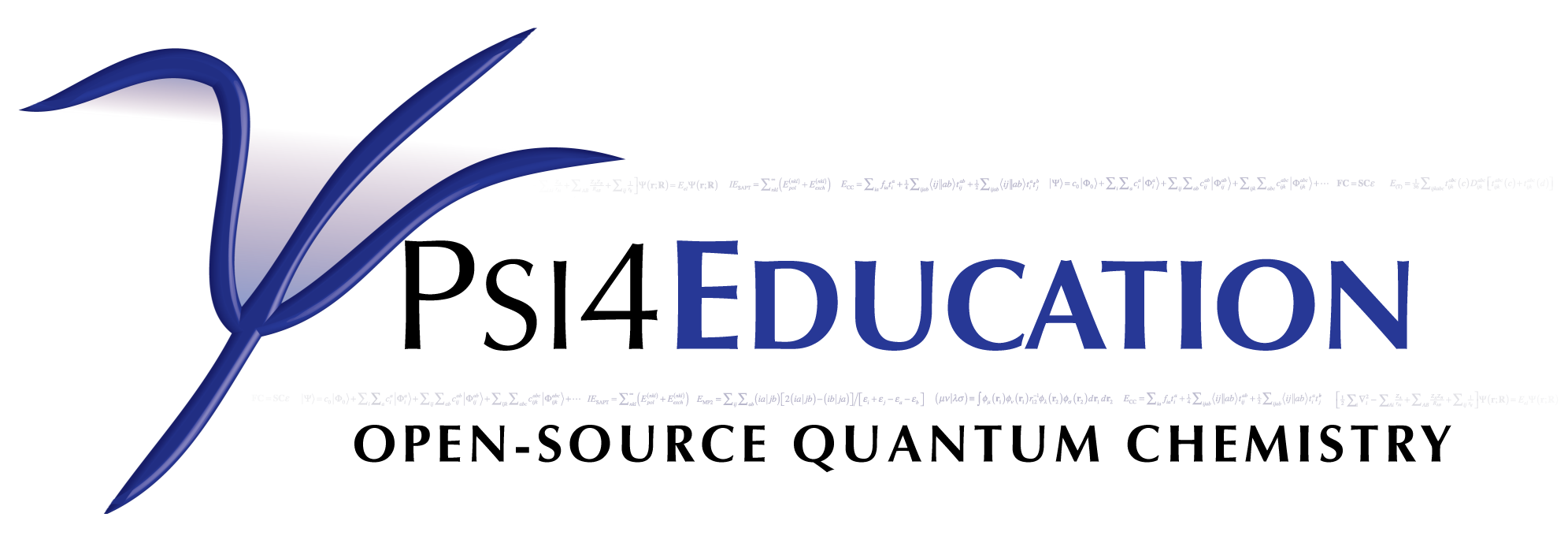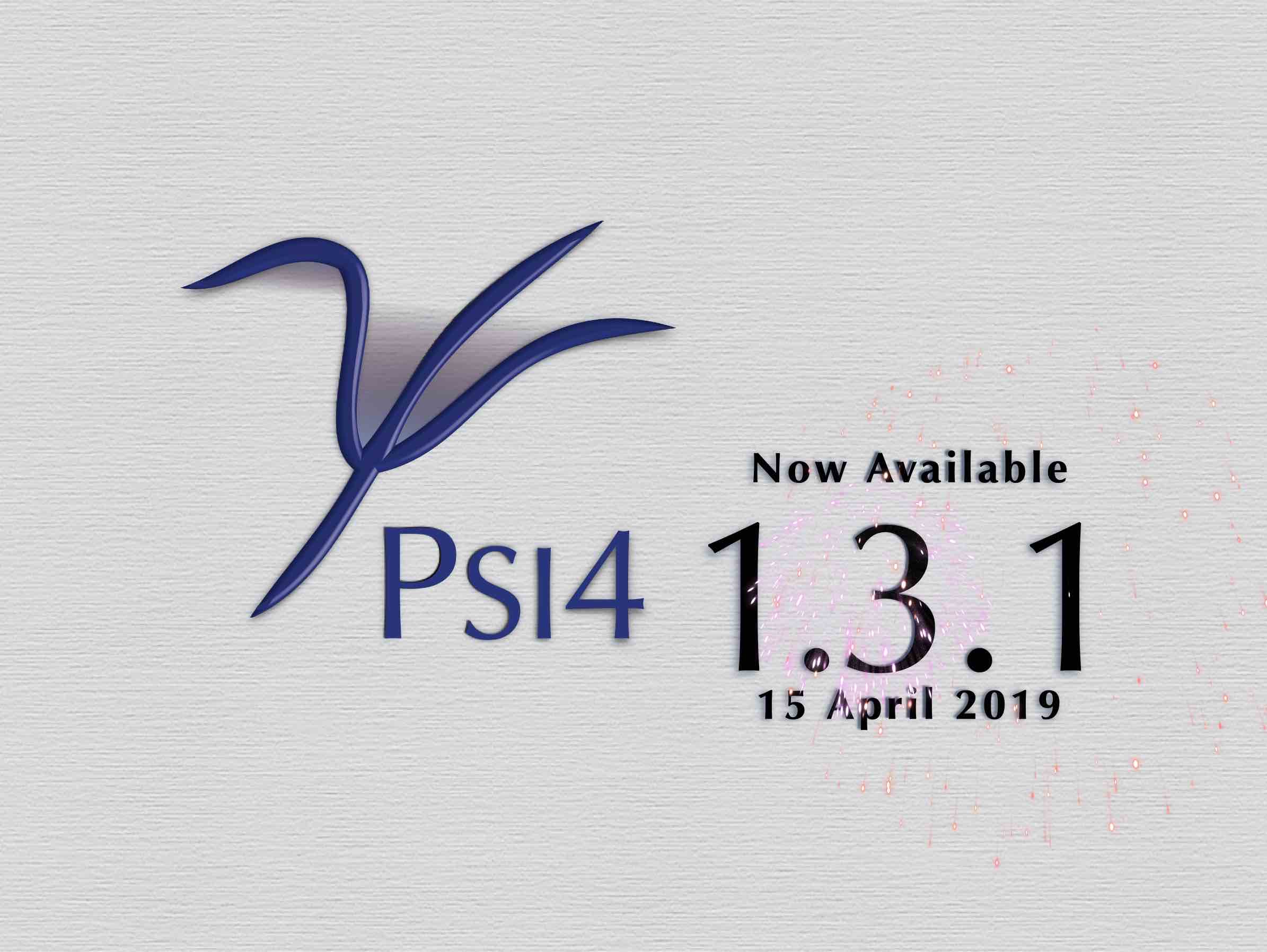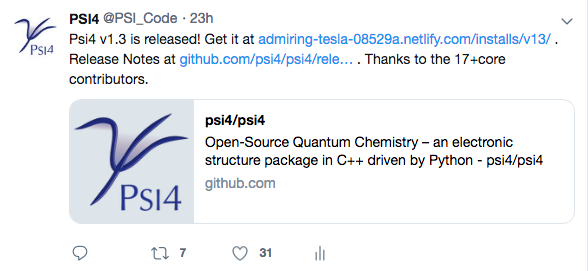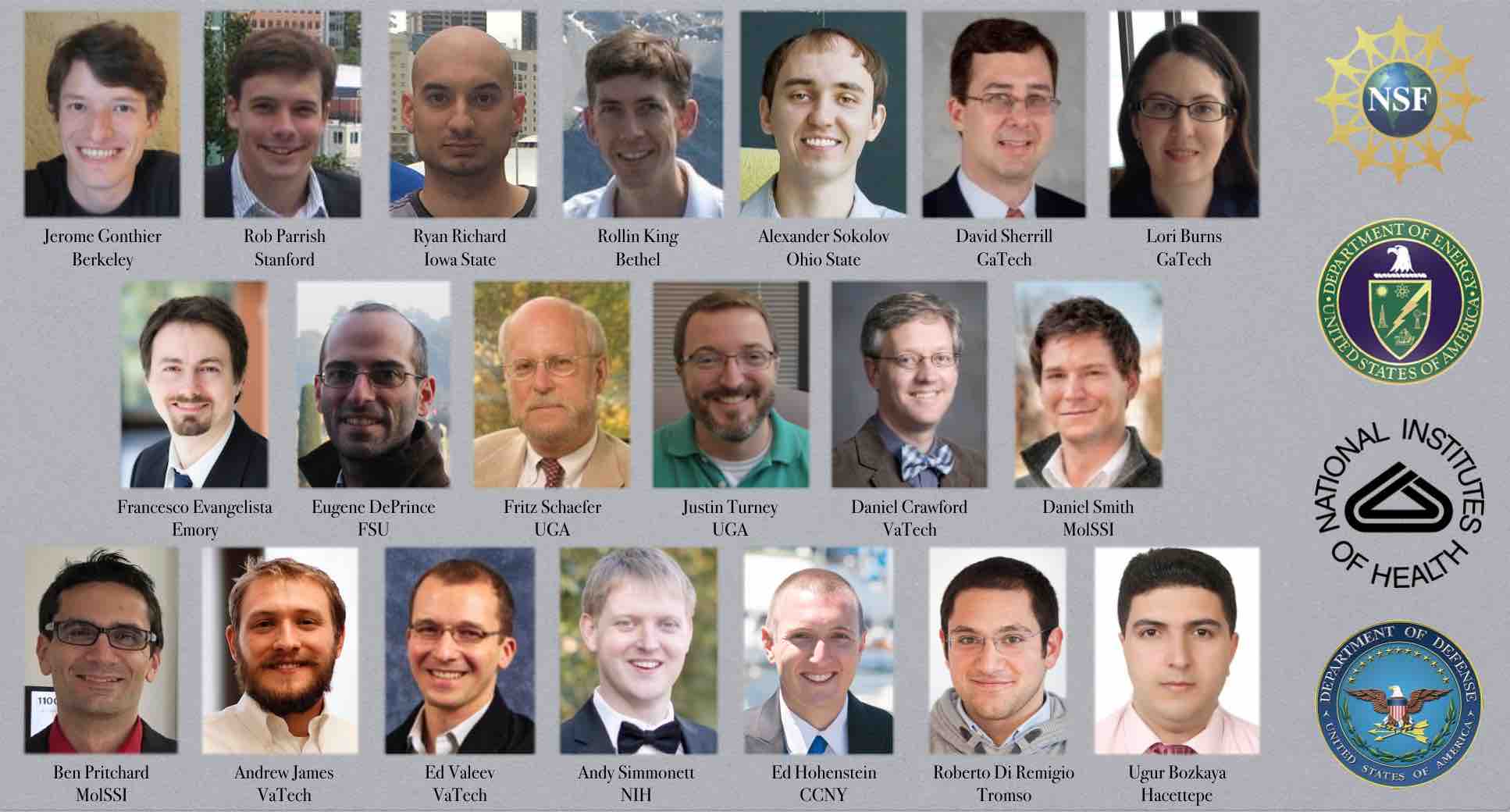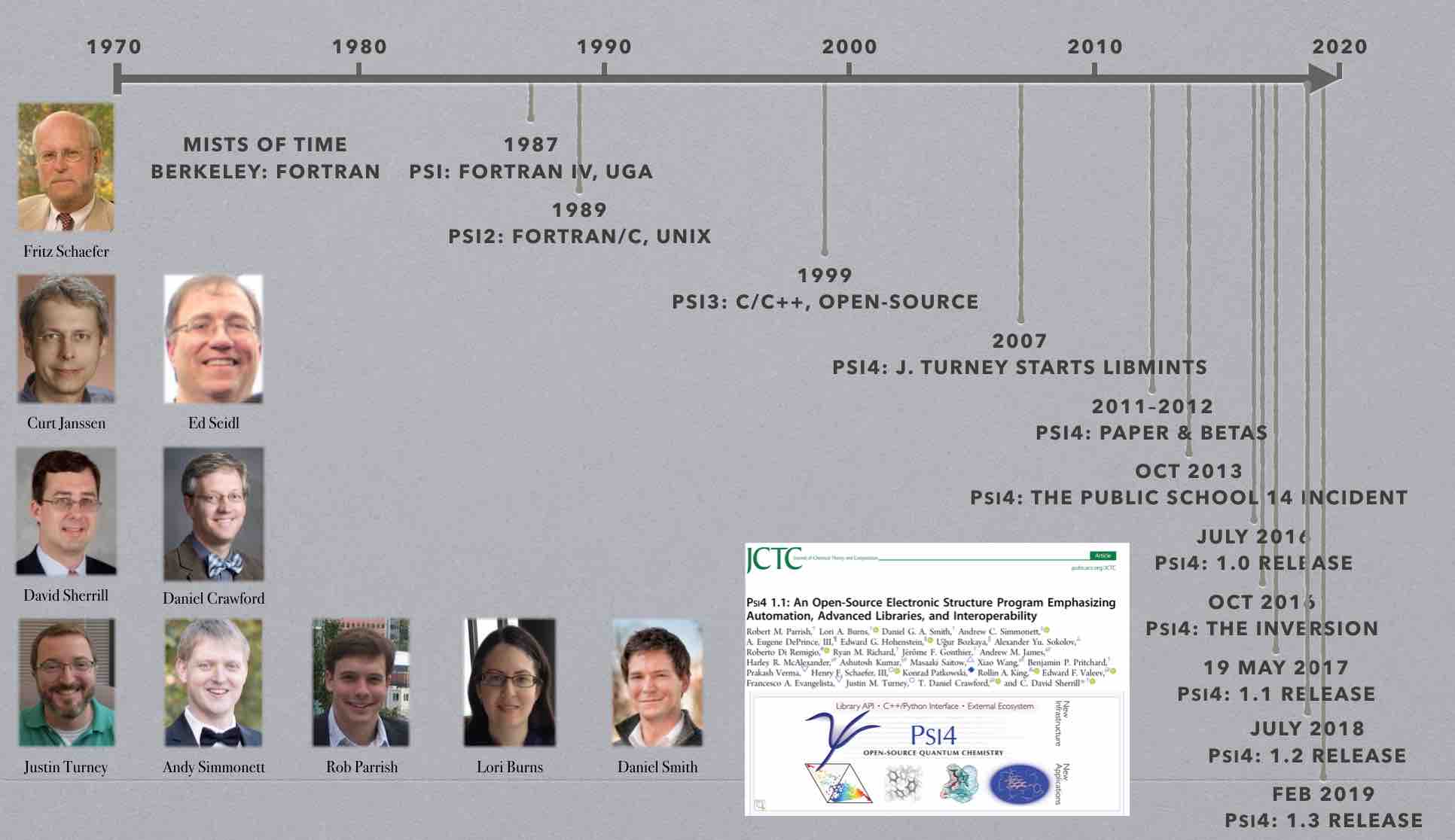Meeting Time and Location This year’s meeting will be held virtually over BlueJeans. The program is shown below. Participants are welcome to attend any or all days. Optional tutorials and breakout sessions will be held in the afternoons. Registration is free. Mornings will be 10am-12pm; all times in Eastern Standard Time.
Participating Institutions, Speakers Auburn University Belhaven University Bethel University BrianQC Cal Poly San Luis Obispo Emory University Entos European National Competence Centre Sweden Florida State University Georgia Institute of Technology Hacettepe University Institute of Biophysics of the Czech Academy of Sciences National Institutes of Health OpenEye Scientific Software Princeton University Purdue University Sandia National Laboratories University of Georgia University of Heidelberg University of Richmond Virginia Tech Participating Institutions, Attendees Arak University, Iran Auburn University Belhaven University Bethel University BrianQC, Hungary Cal Poly San Luis Obispo CSIR-Central Electro Chemical Research Institute, India CSIR-Central Leather Research Institute, India Curtin University, Australia Diamatec/University of Burgundy, France Emory University Entos European National Competence Centre Sweden Florida State University Fluminense Federal University, Brazil Georgia Institute of Technology Hacettepe University, Turkey Haverford College Hunsberger Husky Energy, Canada Imperial College London, UK Institute of Biophysics of the Czech Academy of Sciences Institute of Materials Research and Engineering, A*STAR, Singapore Kansas State University Kent State University King Khalid University, Saudi Arabia La Salle University La Trobe University, Australia McMaster University, Canada Molecular Software Sciences Institute (MolSSI) Morehouse College National Institutes of Health (NIH) Newcastle University, UK Nicolaus Copernicus University, Torun, Poland Omeros Open Force Field Initiative OpenEye Scientific Software Periyar University, India PI Industries, India Princeton University Purdue University Queen Mary University London, UK RMIT University, Australia Sandia National Laboratories Shanghai University, China Smt.
Read more

